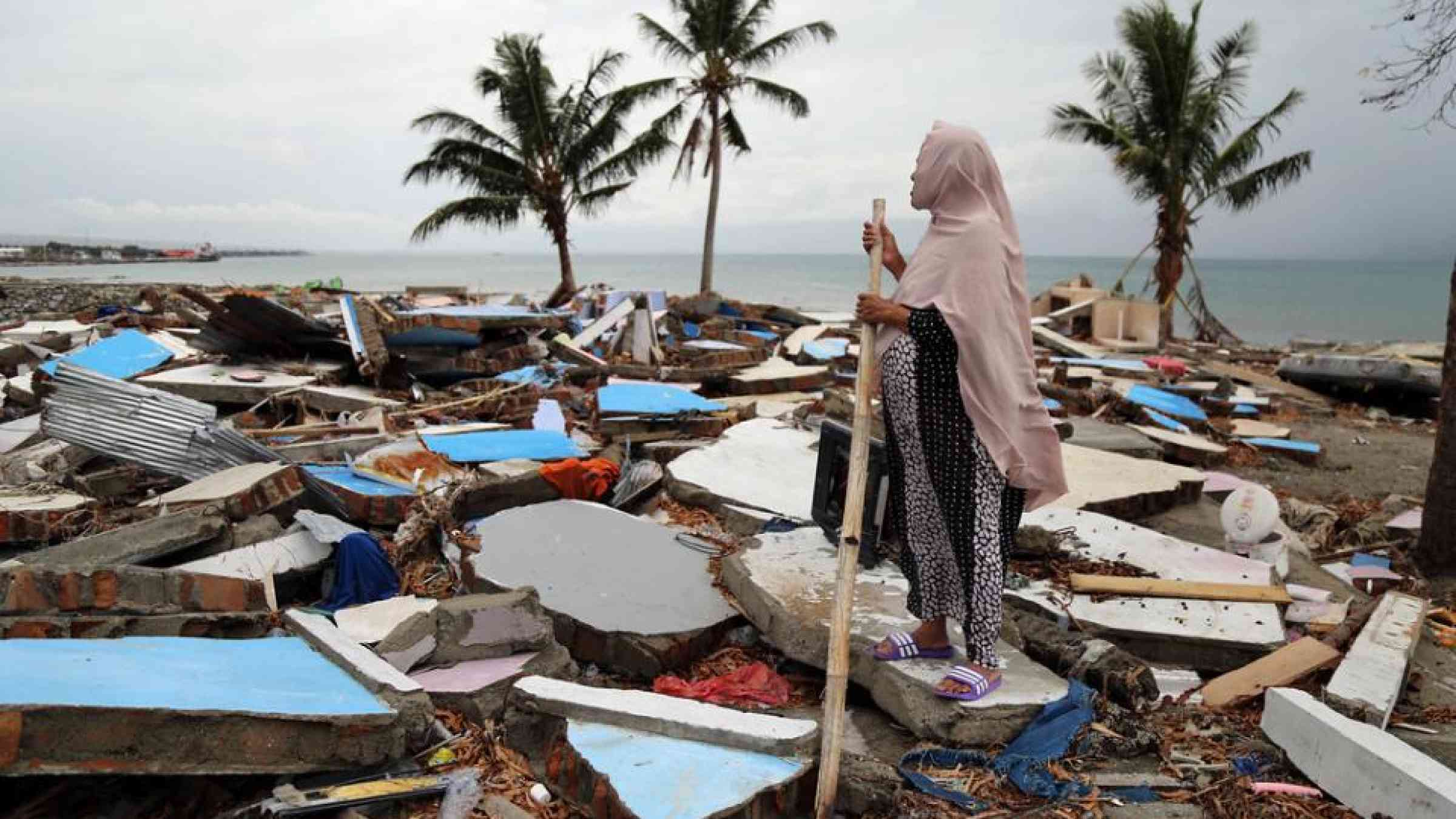Resilience is everyone’s business: learning from local experiences to build business and community resilience
The COVID-19 pandemic and other disasters have wreaked havoc through disruption of business operations, supply chains and economic activity. These impacts especially affect Micro, Small and Medium Enterprises (MSMEs) that account for more than 90% of businesses and 50% of employers around the world. MSMEs play a major role in global and local economies and, as a major source of families and communities’ income, it is critical to ensure their resilience to sustain livelihoods. The business sector can significantly contribute to protecting children and their families from shocks and stresses of disasters by directing their core expertise, operational capacities and networks to strengthen the resilience of local communities and markets and to enhance the efficiency of humanitarian actions. This session has been formally requested by and will be co-chaired with the Government of Indonesia, the host for GPDRR, to showcase and exchange on business engagement in disaster resilience among governments, private sector, UN, donors and civil society in Indonesia, regionally and globally.
Session objectives
- Demonstrate Indonesia’s progress on a national framework for business engagement in disaster resilience and on sector-specific initiatives on mobilizing business to support children in humanitarian action and DRR in relation to the experiences of other countries.
- Present concrete examples of how multi-stakeholder and bilateral public-private partnerships serve to catalyze and accelerate humanitarian preparedness and resilience.
- Based on regional and global frameworks, identify priority actions that can promote partnerships among the government, private sector and the UN when it comes to multi-hazard resilience of at-risk communities, micro, small and medium-sized enterprises (MSMEs) and the broader business community.
- Provide recommendations for reducing the exposure and vulnerability of at-risk communities and the private sector.
Expected outcomes include:
- Awareness on the public-private partnership promoted through practical examples facilitated by the governments at policy level.
- Awareness on the national, regional and global initiatives, such as Business and Community Resilience (BCR), OCHA-UNDP Connecting Business initiative (CBi) and UNDRR ARISE increased and practical experience shared.
- Joint multi-stakeholders’ commitments for public-private partnership towards disaster resilience of businesses and communities re-affirmed
Connection details
Please click the link below to register for the webinar:
Documents
Learn more
This section provides important information for those planning to attend the side event:
The Indonesia Master Plan for Disaster Management 2015-2045 underlines the optimization of the role of business institutions as one of the strategies to build community resilience." (ref. RIPB/Master Plan for DM, page 151)
The 2022 Global Humanitarian Overview estimates that in 2022, 274 million people will need humanitarian assistance and protection. This was a significant increase from the 235 million people with humanitarian needs in the previous year and which was already the highest figure in decades. It is clear that the risk landscape is becoming more complex and will require a whole of society approach in understanding the drivers of risk. As we move towards better understanding of risk, we urge the business community to contribute to and engage in addressing the underlying risks and drivers of vulnerabilities for the most at risk communities and in supporting the disaster risk reduction, prevention and mitigation efforts and effective humanitarian action and recovery.

Agenda
Location
BNDCC 1-1st Floor
Online access
Participation
Open to those registered for the conferenceDetails
Contact
Tatiana Ten, [email protected] Richard Wecker, [email protected] Florian Rhiza Nery, [email protected]